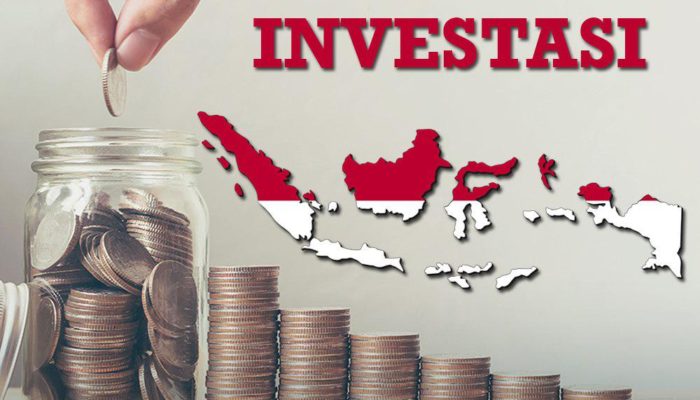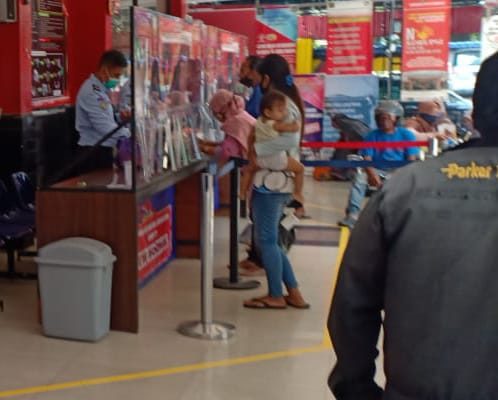At this time, many people are confused with the Legal Notice, what is the Legal Notice? Is the Legal Notice useful for solving problems? And there are many more questions about Legal Notice so we will discuss them here.
A Legal Notice is a warning letter from a potential Plaintiff to a prospective Defendant as regulated in Article 1238 of the Civil Code which states that: “The debtor is negligent if he with a warrant or with a similar deed has been declared negligent, or for the sake of his own engagement, if this stipulates, that the debtor will have to be considered negligent with the passage of time found.”
The contents of the Legal Notice should at least contain the identity of the prospective Plaintiff, the identity of the prospective Defendant, the background of the problem, negligence committed by the potential defendant, requesting the rights of the prospective Plaintiff, order for the prospective Defendant to immediately fulfill his obligations and provide space to negotiate, this space to negotiate is a way of resolving disputes in a family manner which is usually done before a lawsuit is filed in court.
Is the Legal Notice useful for solving problems? Of course, it is useful and one of the effective ways to resolve a dispute because the Legal Notice is in the form of a warning letter reminding the prospective Defendant to immediately fulfill his obligations and as a goodwill gesture from the prospective Plaintiff to resolve the dispute amicably before the lawsuit is filed in court.










